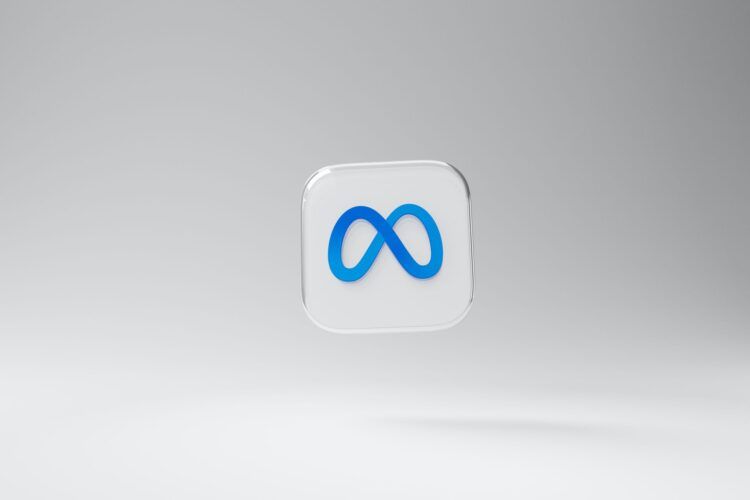In a bold move to propel its artificial intelligence (AI) endeavors to new heights, Meta, the parent company of Facebook, has its sights set on a remarkable target—achieving the prowess of OpenAI’s GPT-4.
While notable innovations have marked Meta’s AI journey, their latest endeavor promises to take them even further. Still in its developmental phase, this new AI model holds the promise of outstripping GPT-4’s capabilities, delivering more lifelike and coherent text generation.

Meta’s AI advancements
Meta has been a fervent supporter of AI technology in recent years, harnessing its power to enhance various aspects of its product portfolio. From the engaging chatbots on Facebook Messenger and Instagram to the captivating augmented reality (AR) features on its platforms, Meta has left no stone unturned in embracing AI.
However, their ambitions have transcended everyday applications with their grand vision of the Metaverse—an expansive virtual world that could revolutionize digital experiences.
Yet, it wasn’t until the launch of ChatGPT in the last quarter of 2022 that Meta’s AI endeavors truly began to gain momentum. This AI-driven chatbot garnered significant attention and set the stage for a new wave of AI-powered interactions.
Competitors like Google’s Bard quickly joined the race, seeking to emulate ChatGPT’s success. Notably absent from this race was Meta, who quietly observed the unfolding developments.
Meta did, however, offer a glimpse into its AI potential with an experimental project known as Meta Llama. Although in its nascent stage, Meta Llama stood out for its use of distinctively human language. However, it was plagued by high error rates. In response, Meta unveiled Llama 2, a refined version that boasts increased accuracy, speed, and precision. Even without a web interface, Meta generously made the model free of charge for research and commercial use.

Chasing the GPT-4 benchmark
Meta’s latest undertaking involves training its new AI model using the formidable Nvidia H100 AI-training chip. In a strategic move, Meta has selected a worthy competitor as its benchmark: GPT-4, the brainchild of OpenAI.
This choice resonates well with industry observers, as GPT-4 has consistently impressed since its launch. It stands as a symbol of efficient information delivery, surpassing its predecessor, GPT-3.5, by providing faster, more accurate, and fluent responses through its API.
While GPT-4’s capabilities are undeniable, one limitation is its restricted access, reserved for subscribed users. This leaves a door ajar for Meta’s Llama AI or whatever moniker it might adopt in the future.
Should Meta choose to offer free access, it could swiftly secure a foothold in the AI arena, setting the stage for intense competition. Such competition often fosters rapid innovation, and the prospect of OpenAI, Google, Meta, and Microsoft vying for dominance in the same domain could indeed accelerate the pace of AI advancements.
In the coming months, all eyes will be on Meta’s progress as they endeavor to elevate their AI capabilities to the GPT-4 level, potentially reshaping the landscape of AI-powered technologies and services. As we look forward to these exciting developments, it’s clear that Meta’s commitment to AI innovation holds great promise for the future.
Featured image credit: Dima Solomin/Unsplash





